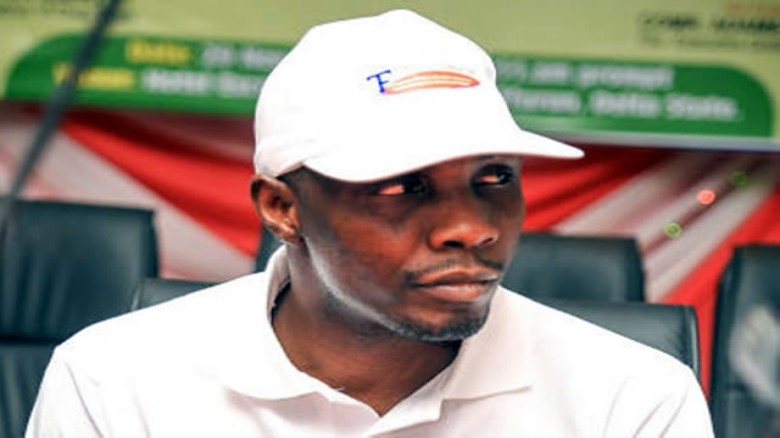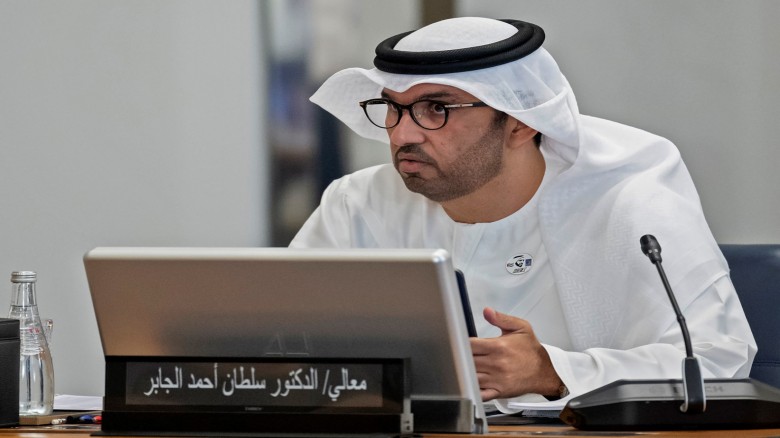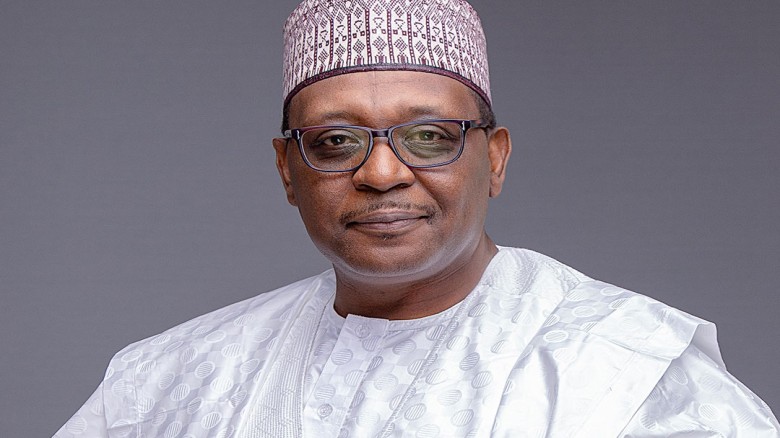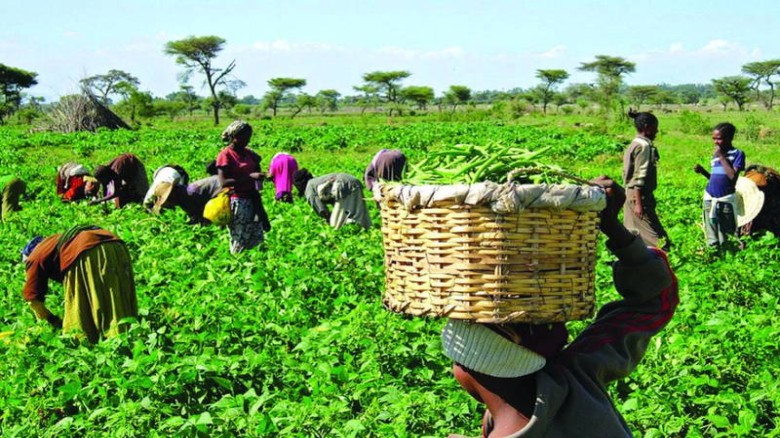Farmers raise concerns over FG’s dry-season farming initiative
Some farmers have questioned the Federal Government's promised dry season farming intervention.Despite government promises to improve food security and shift from rainfed to year-round agriculture, farmers claim that the initiatives have been selectively implemented and poorly executed.
To combat food insecurity, the Federal Ministry of Agriculture and Food Security proposed the implementation of mechanized farming and irrigation systems.
In September, the government reaffirmed its commitment to completing the decades-old Middle Ogun Irrigation Project in Iseyin Local Government Area, Oyo State, which is intended to increase agricultural productivity.
During a site assessment, Minister of Water Resources and Sanitation, Joseph Utsve, stated that the project would increase food production, create jobs, and strengthen the economy.
He noted the transition from diesel-powered irrigation systems to a hybrid of solar energy and the national grid, stating that the grid connection was 95% complete and solar installation was approaching 80%.
"The completion of the Middle Ogun Irrigation Project will generate approximately 8,000 direct jobs for women and youth, with millions more created indirectly. "This initiative will ensure maximum food production for Nigerians," Utsve explained.
During an October visit to farm clusters in Bwari Area Council, Abuja, Minister of State for Agriculture and Food Security Aliyu Abdullahi reaffirmed his commitment to dry-season farming.
Abdullahi announced plans to begin irrigation farming in November, in partnership with the Federal Ministry of Water Resources and the National Agricultural Growth Scheme's agro-pocket program.
The government also announced a $134 million loan from the African Development Bank to increase seed and grain production.
However, many farmers are skeptical. La'ah Dauda, a farmer from Kaduna, criticized the interventions as "highly selective," claiming that they primarily benefit those with connections.
"Even the information is limited. They only raise awareness in areas that they prefer. "How will you attract new farmers if others are excluded?" he inquired.
In the Federal Capital Territory, Ifraimu Dauda, Chairman of the All Farmers Association of Nigeria, stated that irrigation farming is still costly and limited.
"We rely on neighbouring villages near Kaduna State for irrigation farming," he said, urging the government to invest more in irrigation infrastructure.
Tobi Awolope, an agricultural economist at the Federal University of Agriculture in Abeokuta, highlighted the structural challenges facing Nigeria's agricultural system.
She cautioned that an overreliance on rainfed agriculture, combined with recent droughts, has exacerbated food insecurity, resulting in higher prices and decreased availability.
"Nigeria's farming system must move beyond seasonal crops. Awolope stated that proper irrigation would enable farmers to grow crops all year, ensuring stable prices and greater accessibility.
She pointed out that small-scale farmers lack the capital to implement such systems and urged the government to prioritize irrigation infrastructure.
Awolope also warned against food hoarding, which can disrupt supply chains and raise prices.
























Leave A Comment